On The Leaders' Lounge with Ian Hopkinson
I've always been inherently creative and flowing with ideas, the big challenge has been to find focus and be consistent. It's taken me most of my life to develop the ability to hyper focus and see an idea through or to discard it if it lacks viability.
Known for their no nonsense approach to 'Optimising Awesome', Mad Scientist Digital is a digital strategy, SEO and content creation agency.
What excites you most about your current role?
Finally being able to have the freedom to do what I love (consulting & training), rather than being involved in every aspect of the business.
You've had quite a remarkable career to date, what's helped you get there?
A bit of madness and creativity combined with support from other crazy peeps, grit, determination, a cross section of complimentary skills, relentless ambition and a love of collaboration. Growing up with the guidance of awesome parents and siblings, going to great schools and having a grounding in music and competitive sport laid a solid foundation for being successful in business.
Have you had a mentor? If so, how have they influenced you?
I've had many mentors along the way all of them influencing me in different ways, I guess this dynamic starts early with teacher/coach relationships. The best mentoring experiences I've had are when you don't realise its happening and there's a free exchange of ideas on more of a peer to peer level. Developing skills and knowledge this way is very rewarding. One of my biggest mentors was Graham Fear (Music Industry Veteran from Show Group) who managed my music career for a while in the early 2000's (in fact he just passed away). He pushed me to find focus and encouraged me to think big by setting me up in the U.S where I ended up living on and off for most of a decade - and this started me off on my entrepreneurial journey. His passing was a huge life moment of reflection and gratitude.
What value do you believe mentors can provide?
Mentors are critical to anyone's success. What's even more critical though, is being able to listen to others with discernment. Only you can decide the right way to go. Having a balance of other opinions and being able to weigh up the advice is really important.
Define ‘media’:
Media is any piece of creativity delivered via a myriad of methods. The content could be entertaining, informative, newsworthy, educational, or inspiring. It may be delivered via a white paper, event, blog, a stage, a website, a social media platform and so many more...my definition of media is super broad. I think most people confuse 'media' with 'the media’, which refers to the journalists of the world.
What advice would you give new entrants into the Arts and Media industry given, all things considered, how quickly it’s changing?
Just dive in. Don't over think it. There's a lot of great ways to launch yourself into an Arts & Media career and many directions you could go in. Although, theorising wont get you far, you need to get involved and find your niche. Balancing a reputable course with an internship and a part time job is always a good start.
What education, training, skills and/or knowledge do you believe are necessary for emerging industry leaders?
One of the key things that's helped me in my career, and is even more important now, is the ability to express your ideas confidently. Even more important is the ability to listen to feedback, process that with vulnerability and collaborate. In the past, there has been too much emphasis on research and theoretical approaches. To prepare for the jobs of the future we will need to develop interactive and engaging educational programs with a mix of creative, tech, and people skills that improve our ability to adapt to change.
And finally, what's your prediction for the future of the industry? Where is it heading, and what's it going to look like in 10 years time?
The dawn of the information age via the Internet has seen the democratisation of arts and media and it's an exciting time to be a live. Amidst the masses of niches that have emerged online, we're witnessing the end of traditional media delivery and the emergence of the big tech giants. These massive monopolies will last but not in the form they do now, other players will gain support to compete and this will provide more opportunities and healthy competition. The brave and ethical will be rewarded. Hopefully by 2029 we will see the law's catch-up to all of this recent change and this will allow for a fairer arts and media landscape. My hope is that Australia will emerge as an arts and media thought leader and major player on the world stage.
WANT TO CONTRIBUTE TO OUR BLOG?
spitball@academyofmedia.edu.au

